... in the Classic FM Movie Music Hall of Fame
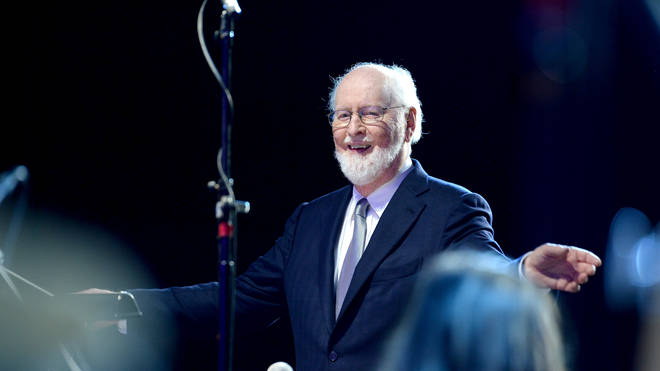
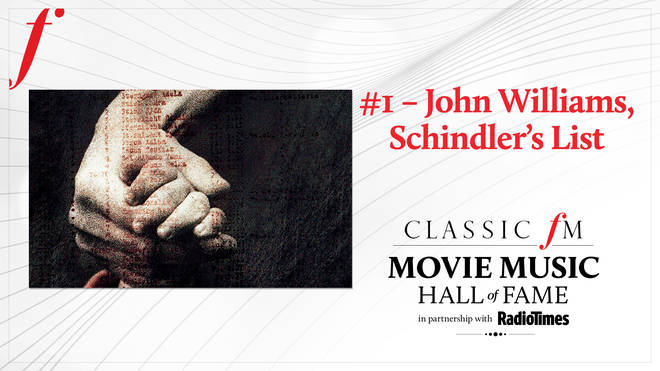
It's all about the classical music composers and their works from the last 400 years and much more about music. Hier erfahren Sie alles über die klassischen Komponisten und ihre Meisterwerke der letzten vierhundert Jahre und vieles mehr über Klassische Musik.

0
 |  |

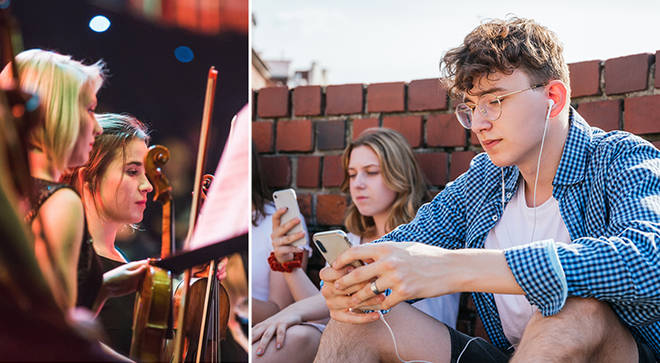
0
 |  |
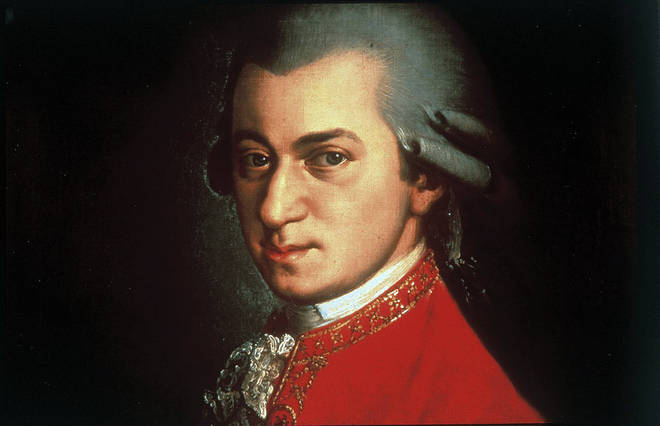
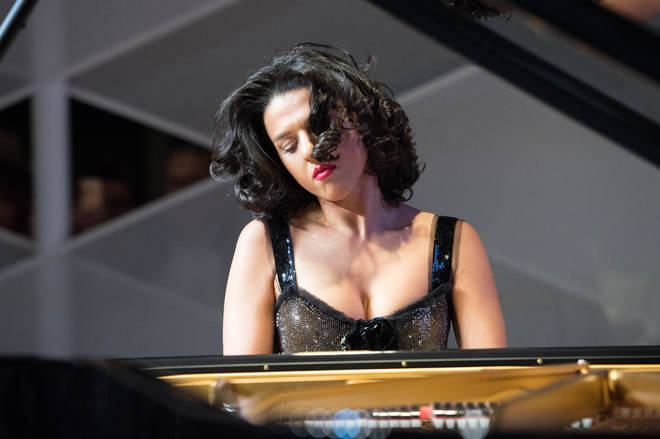
By Maddy Shaw Roberts, ClassicFM
The tenor encouraged people to reject social distancing, said children in schools shouldn’t wear masks and said he knows no one admitted to intensive care from COVID-19.
Andrea Bocelli says he voluntarily violated the ban on going out during Italy’s lock-down.
Speaking as a guest at a conference in the Senate, called Covid-19 in Italy: Between Information, Science and Rights, the Italian tenor said:
“I looked at reality and I saw that things were not as we were being told.
“When I started to express doubts about the seriousness of this so-called pandemic, the first to attack me were my children who told me to think about Tosca, because you don’t understand viruses.
“I know a lot of people but none of them ended up in intensive care. So, what was all this gravity for?”
Read more: Andrea Bocelli criticised for ‘dangerous’ remarks on Italy’s lockdown >
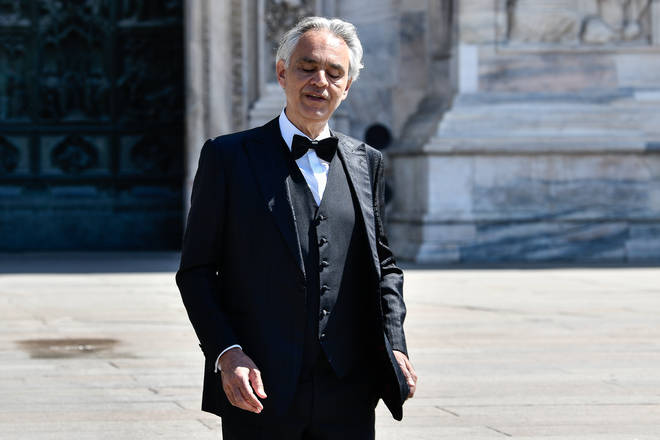
Bocelli went on to say he felt “humiliated and offended as a citizen”, when a national quarantine was imposed by the Italian government on 9 March, restricting the movement of people in response to the coronavirus crisis.
The 61-year-old singer, who recently admitted to having had COVID-19 before his historic Easter concert at Milan Cathedral, also said he violated lockdown by going out, because “it didn’t seem right or healthy to me”.
He added: “I am of a certain age and I need sun and vitamin D.”
Bocelli announced he had tested positive for the virus in March, weeks before his ‘Music for Hope’ concert. He had no serious symptoms linked to the virus, and added that he had donated blood to fund research.
Read more: Andrea Bocelli says he had coronavirus before historic Easter concert >
Bocelli, who has two grown-up sons from his previous marriage and one daughter with wife and manager, Veronica Berti, also criticised the Italian government’s approach to reopening schools.
“I have an 8-year-old daughter and it’s unthinkable that these children will have to go to school divided by a piece of plexiglass and hidden behind a mask.
“It’s unthinkable that schools were closed so quickly, and with the same speed nightclubs were reopened, where young people go not to learn, but to disperse their brains.”
At the end of his speech, Bocelli controversially encouraged others to reject lockdown and social distancing rules. “Let’s refuse to follow this rule, let’s take some books, turn around, get to know each other, speak, talk to each other.”
The tenor has since apologised for his comments, saying: “If my speech to the Italian Senate caused suffering, I wish to extend my sincere apologies, because my intention could not have been more different.
“[My intent] was to send a message of hope for a near future in which – children first and foremost – can find a sense of normality again and hope to live ‘as children’, playing with and hugging one another, as they should at their age, and to be able to grow up happy and healthy.”
Under the latest lock-down rules in Italy – which have now been largely regionalized – face masks are mandatory on public transport and in shops, and social distancing of one metre is required in public spaces.
Theatres and concert halls can now resume; indoor events with a maximum attendance of 200 audience members; and 1,000 for outdoor areas. It is estimated that 35,000 people have died of coronavirus in Italy.
(C) 2020 by ClassicFM
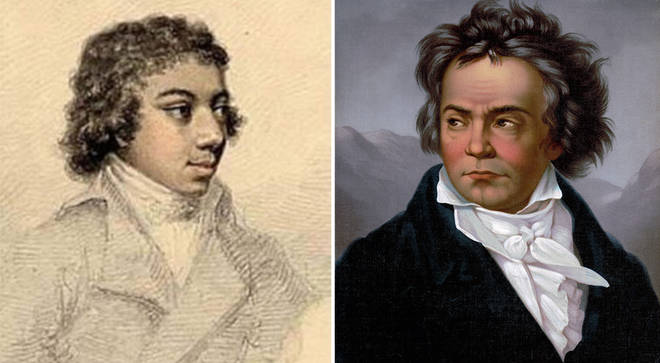
0
 |  |